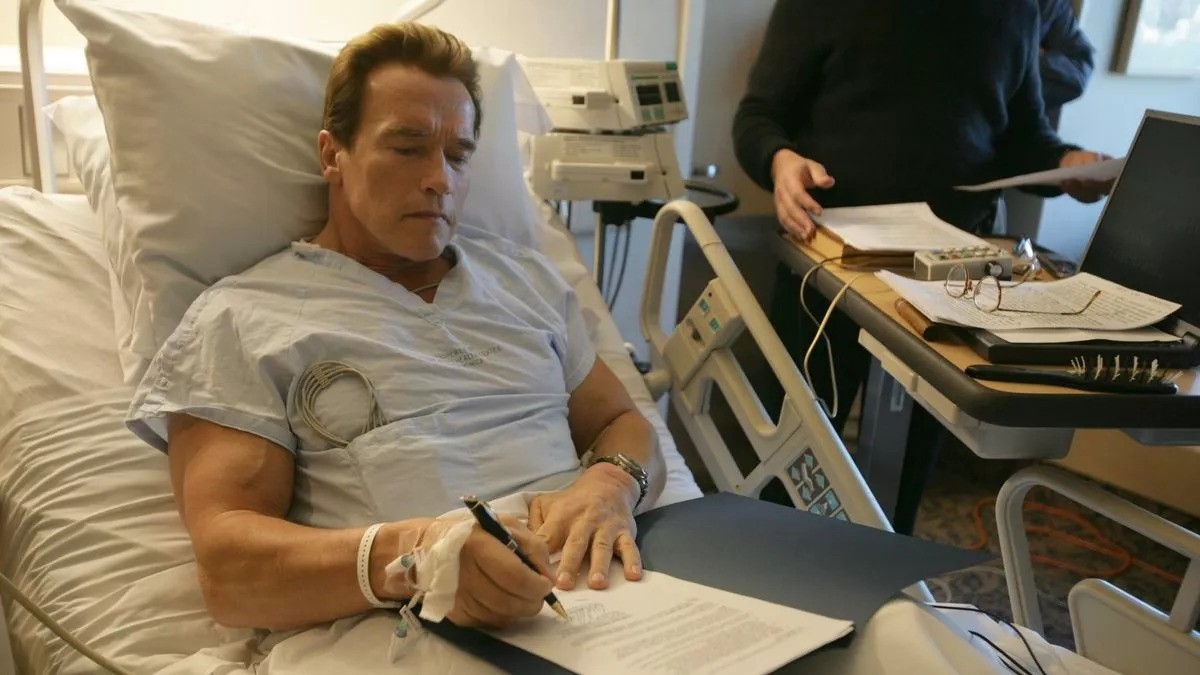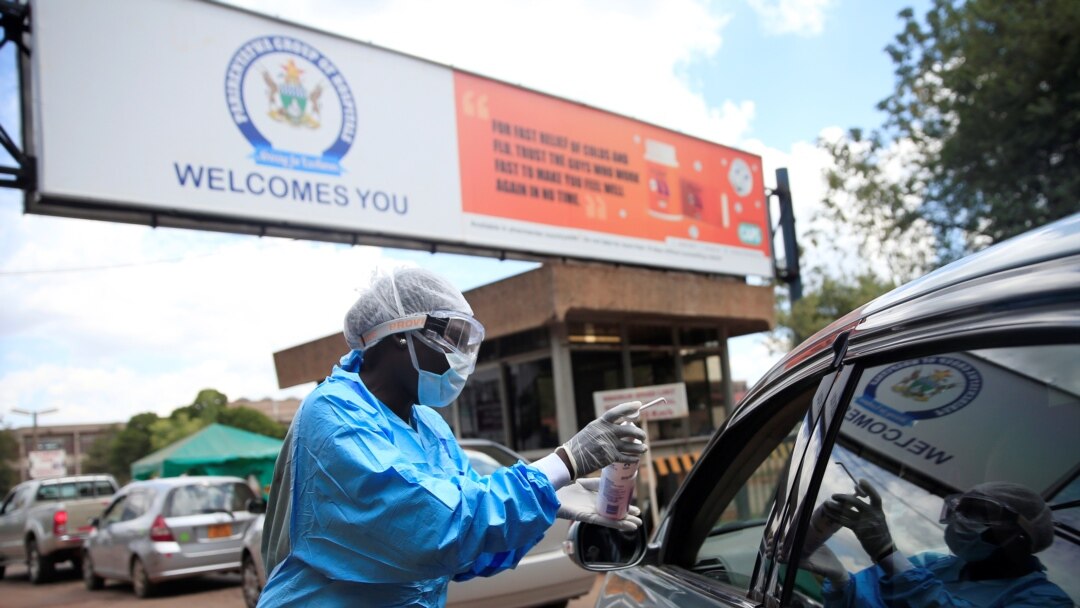CONDOMS, baby pacifiers/soothers (“dummies”) and other rubber products like gloves, which many Zimbabweans use on a daily basis, contain a chemical that can cause cancer, says World Health Organisation research.
The recent research concluded that 2-mercaptobenzothiazole (MBT) could be found in every day rubber products.
MBT, alongside red meat, is only one rung below cigarettes, asbestos as a major cause of cancer.
National Aids Council communications officer Mrs Tadiwa Nyatanga-Pfupa urged the public not to panic as the findings were yet to be proved.
“There is no evidence to suggest that condom use leads to cancer. We continue to encourage correct and consistent condom use as a method of preventing the spread of HIV. There is no need to panic over this rumour,” she said.
Researcher Professor Hans Kromhout said MBT had been identified “in gloves and baby bottle teats and soothers”, and more recently in “inhalable road dust with the wearing of rubber tyres the most likely source of this contamination”.
In part the research reads, “2-mercaptobenzothiazole is present in a wide range of rubber products, including condoms, babies’ dummies, rubber gloves, soft playground surfaces made of ‘rubber crumb’, elastic bands and car tyres.”
Data on the substance has since been reviewed by WHO’s International Agency for Research on Cancer which also looked at a study of workers at a Welsh chemical factory. WHO said workers in the chemical and rubber industries were at risk, while the broader public may be exposed to small amounts of MBT via contact with rubber goods like gloves and footwear, or by inhaling tyre dust in urban air.
WHO is yet to state the extent of the risk.
In separate but related research by Prof Tom Sorahan of Birmingham University, MBT was linked to bladder, bowel and a type of blood cancer.
Mr Michael Warhurst of campaign group CHEM Trust also noted that, “We need the regulatory system to work faster to protect us. People would be right to be concerned about this, and to ask retailers whether this chemical is present in products that they have bought.”
Prof Sorahan was recently quoted saying that while large amounts of MBT in factories could be dangerous, the small amounts used in everyday products were not likely to be harmful.
“I doubt whether MBT is a health issue for the general population but workers manufacturing or using the chemical need to be protected,” he said.
In 2015, Government and the United Nations Population Fund distributed 110 million male and five million female condoms.
Health & Fitness
Main News
Condoms, gloves can cause cancer: WHO
- 12/03/2016
- 1 Comment
- 2 minutes read
- 62 Views







1 Comment